
Chief Justice John Marshall, author of Marbury v. Madison.
In a 2005 opinion, an Alabama Supreme Court justice (that well-known jurisprudential heavyweight “Tom Parker”), without a trace of irony, called the U.S. Supreme Court “presumptuous” while declaring Marbury v. Madison and its progeny to be “unconstitutional.”
For non-legal types, Marbury is the landmark 1803 Supreme Court case authored by the great Chief Justice John Marshall that established the power of “judicial review”; i.e., that the Supreme Court gets the last word in disputes with the legislative and executive branches of government.
The Alabama case involved a challenge to the constitutionality of certain statutes affecting taxation and the funding of the Birmingham, Alabama civic center authority. Justice Parker included this footnote in his concurrence (italics added.):
21. . . . Despite everything in the text of the Constitution, its history, and the expressed intent of the Framers being completely contrary to the notion of judicial supremacy, the United States Supreme Court has presumptuously arrogated such a position for itself simply by declaring it so.
In Cooper v. Aaron . . . the United States Supreme Court stated: “[Marbury v. Madison, 5 U.S. (1 Cranch) 137, 2 L.Ed. 60 (1803)] declared the basic principle that the federal judiciary is supreme in the exposition of the law of the Constitution and that principle has ever since been respected by this Court and the Country as a permanent and indispensable feature of our constitutional system.” Tellingly, this proclamation of judicial supremacy was made without citation to the Constitution or any other authority. The result of this unconstitutional doctrine of judicial supremacy has been an increasing shift of the balance of powers from the elected executive and legislative branches of the federal government to the unelected judiciary, thereby emboldening federal courts to rule upon constitutional questions based upon foreign law or perceived changes in public opinion instead of the Constitution and its history. . . .
The turning away from our national compact by federal courts now threatens our country with a constitutional crisis.
There’s a constitutional crisis over Marbury?
— Birmingham-Jefferson Civic Ctr. Auth. v. City of Birmingham, 912 So.2d 204, 223 n.21 (Ala. 2005) (Parker, J., concurring). Thanks to Brian Brock.


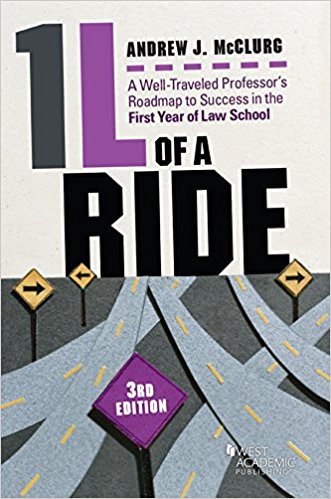
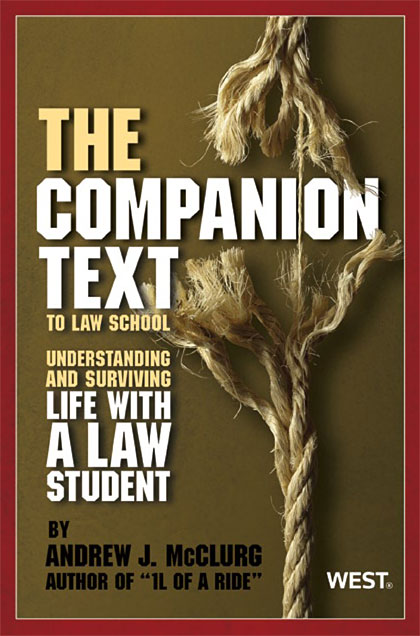




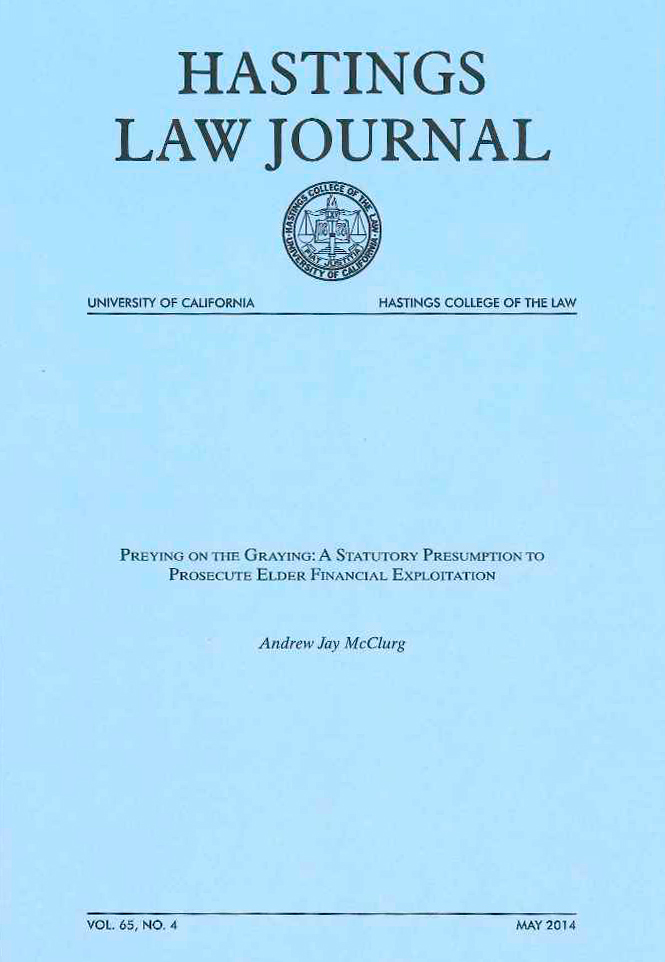
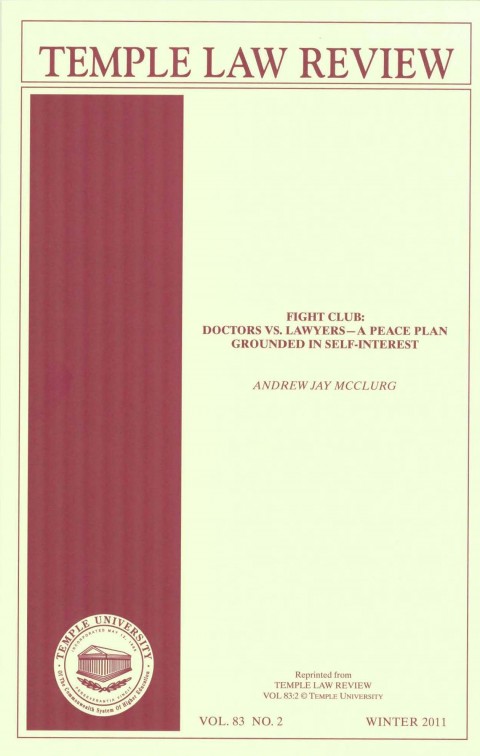
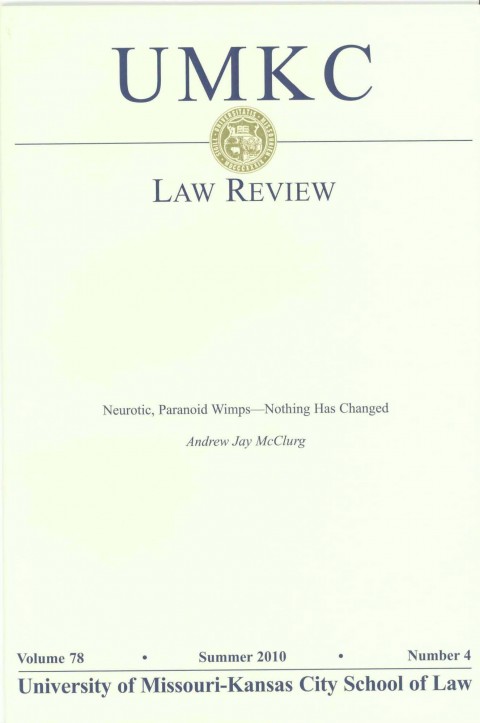
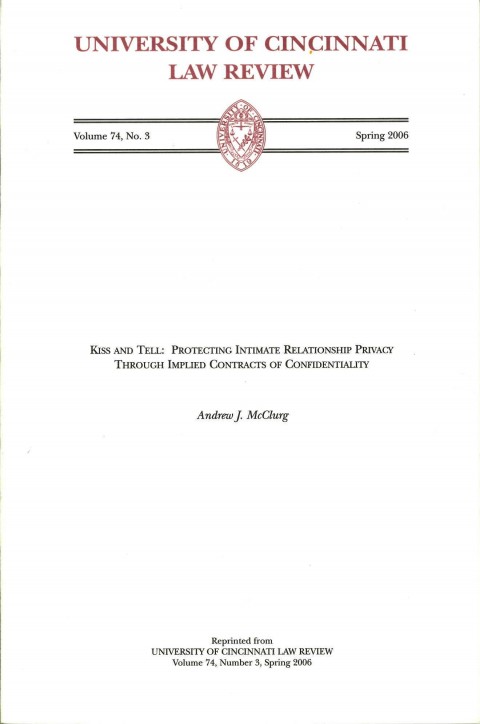
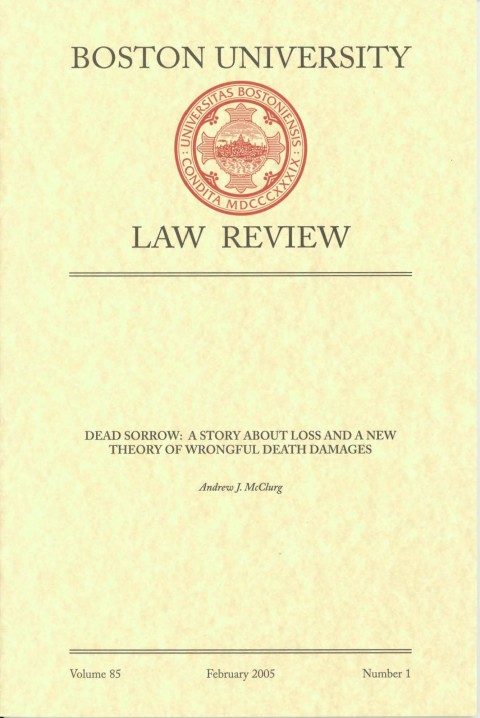
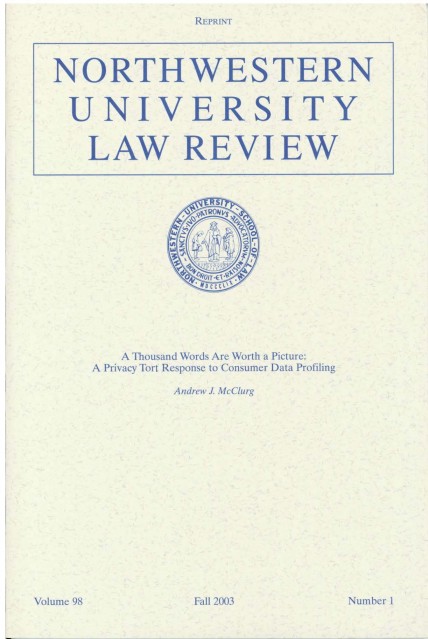
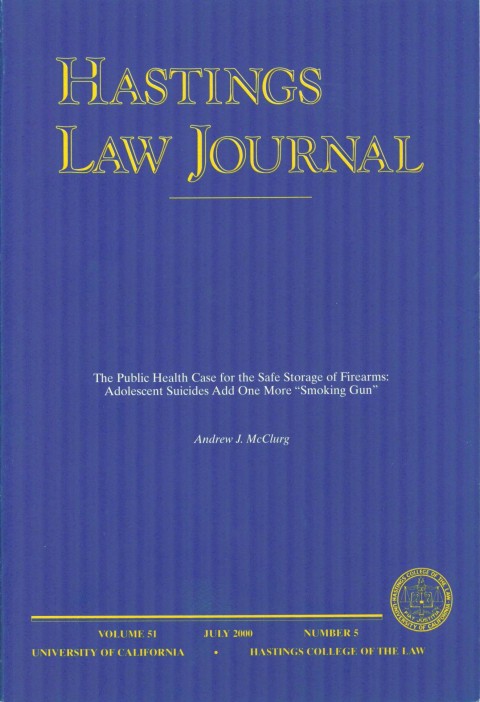
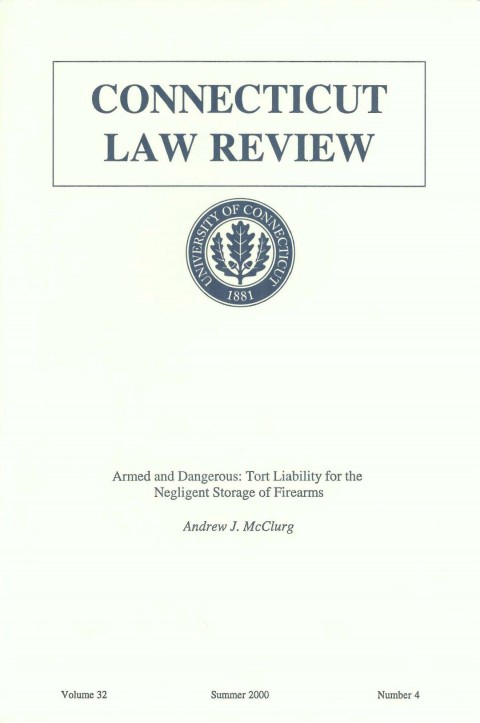
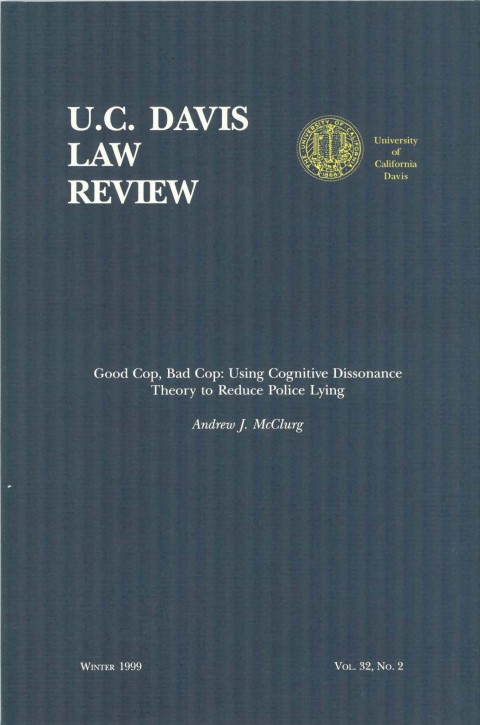
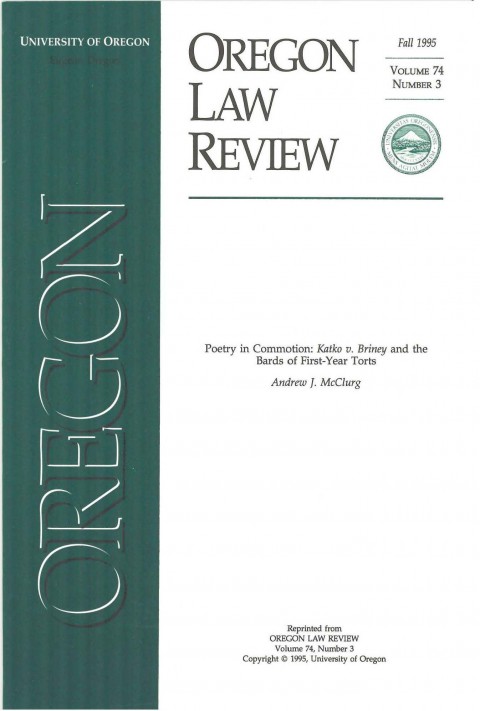
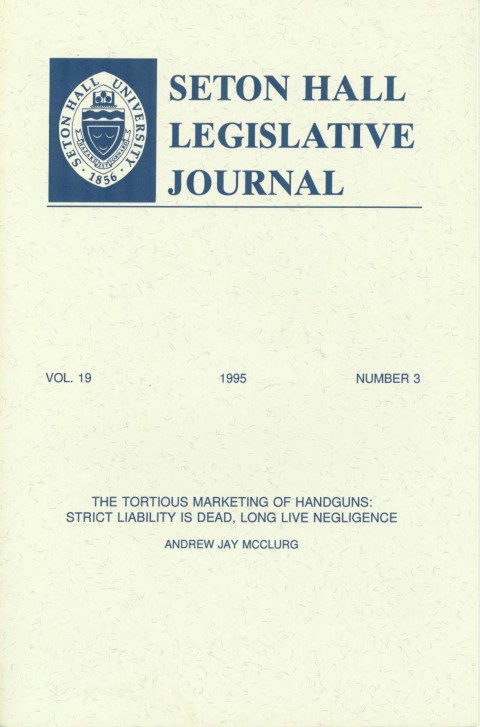
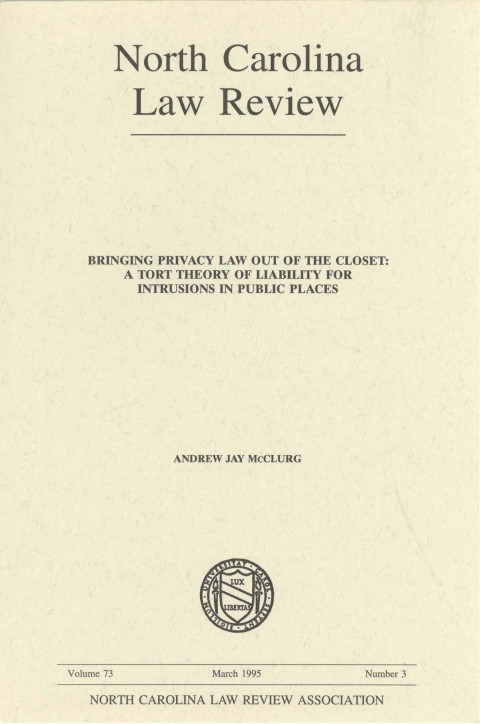
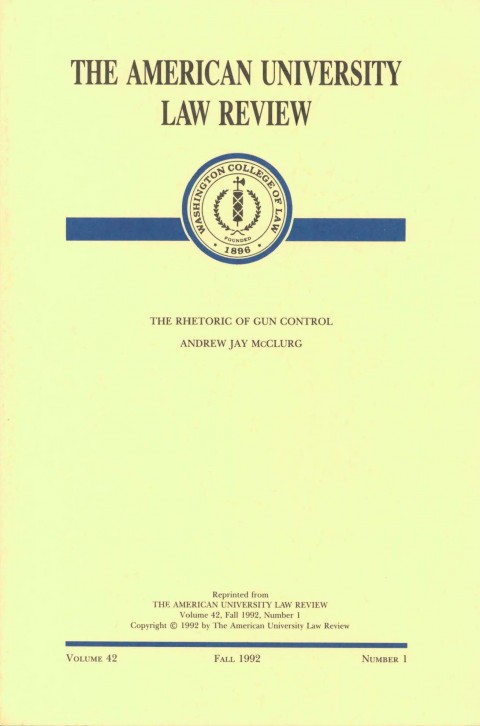
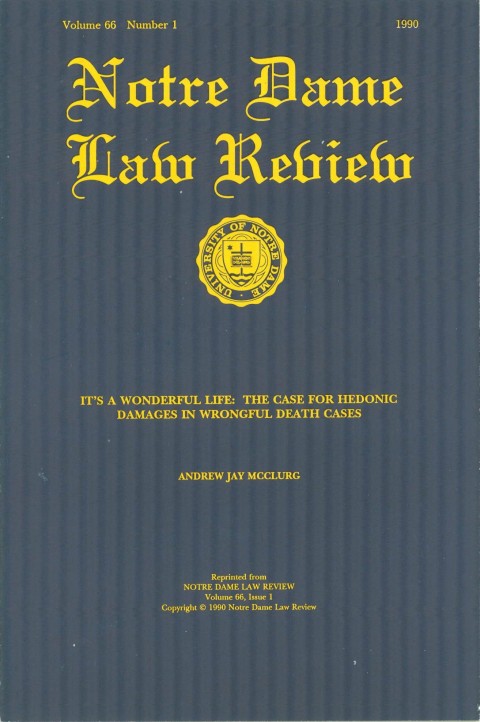
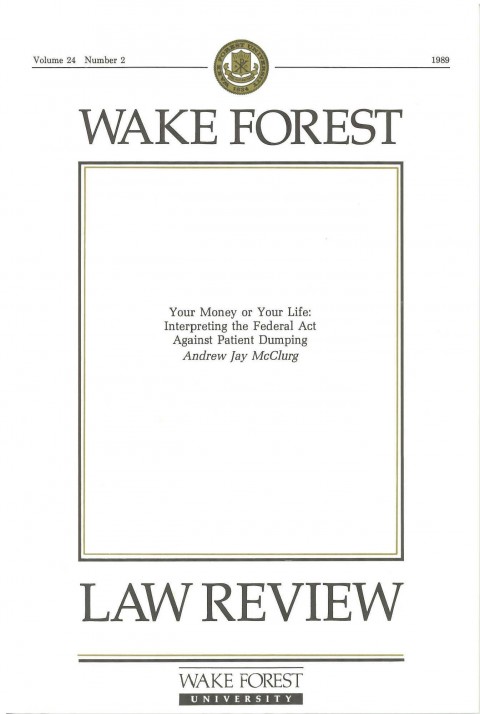
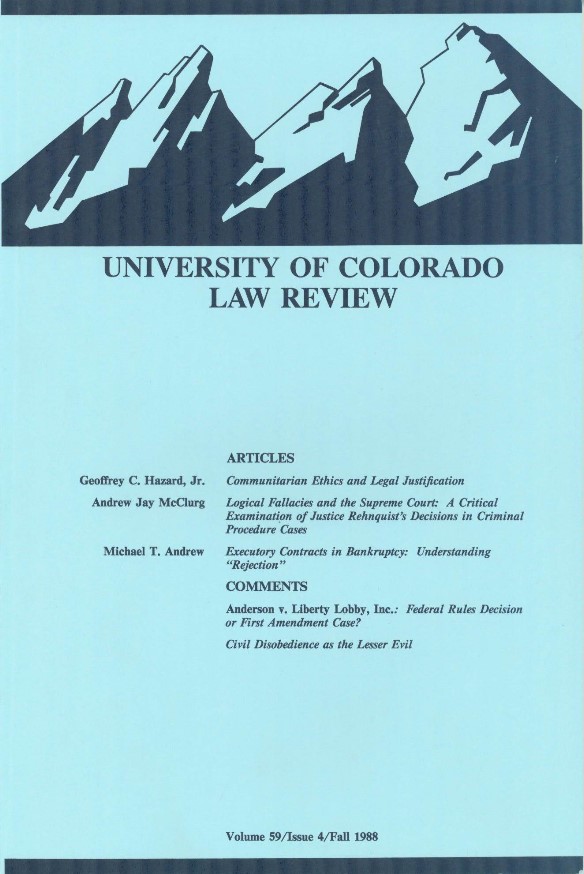
Leave a Reply